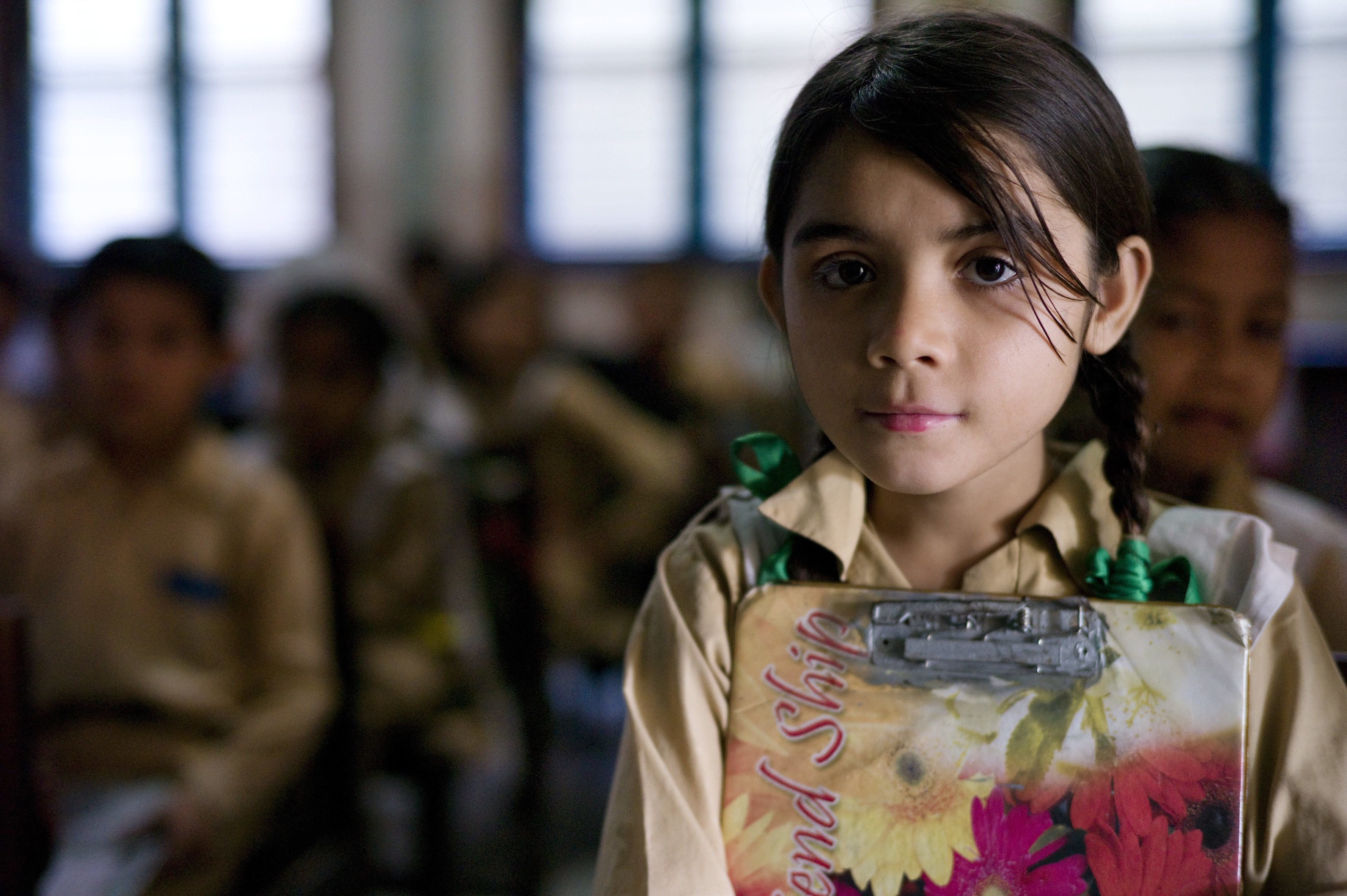Context
In rural Rajasthan, India, gender inequality in education remains a significant challenge, with many young girls aged 6-14 being excluded from formal schooling. Socio-cultural norms, economic hardships, and limited access to educational facilities contribute to low enrollment and retention rates among girls. Out-of-school girls face not only academic exclusion but also a higher risk of early marriage, reduced economic opportunities, and lifelong poverty. Recognizing these barriers, Educate Girls has adopted a community-driven approach to address the gender gap in education by engaging local communities, advocating for the importance of girls' education, and providing tailored learning support for marginalized girls. By maintaining an updated census of out-of-school girls and validating it through third-party assessments, Educate Girls ensures targeted and data-driven interventions in the villages they serve.
Solution
The Educate Girls intervention is designed to increase both school enrollment and learning outcomes for out-of-school girls in rural Rajasthan. Through its deep-rooted community ties and understanding of local socio-cultural dynamics, Educate Girls effectively mobilizes communities to prioritize and support girls' education. A key component of the solution is its community-based enrollment campaign, where village-based volunteers identify and encourage out-of-school girls to join formal schools. This grassroots effort is critical in overcoming resistance to girls' education by addressing cultural barriers and involving families in the process.
In addition to enrollment, Educate Girls focuses on improving learning outcomes through flexible, student-centered teaching methods tailored to the needs of the children. Using the ASER (Annual Status of Education Report) framework, Educate Girls delivers a structured curriculum designed to enhance foundational literacy and numeracy skills for students in grades 3-5. This dual focus on enrollment and quality education ensures that newly enrolled girls not only attend school but also receive the support they need to succeed academically. By aligning its efforts with local educational systems and leveraging existing infrastructure, the intervention maximizes its reach and sustainability.
Impact
The Educate Girls intervention is expected to create a significant positive impact on both educational access and learning outcomes for marginalized girls in Rajasthan. The primary impact is seen in the increased enrollment of out-of-school girls, ensuring that more girls between the ages of 7 and 14 gain access to formal education. This not only helps bridge the gender gap in education but also contributes to broader social benefits, such as delayed marriage, improved health outcomes, and increased future economic opportunities for girls.
Furthermore, the intervention aims to achieve measurable learning gains for students in grades 3-5, as assessed through ASER test scores. By improving literacy and numeracy skills, the program enhances the quality of education, ensuring that girls can progress academically and reduce dropout rates. Over time, the initiative strengthens the educational ecosystem in rural Rajasthan by fostering community ownership of girls' education and building local capacity.
Ultimately, the Educate Girls model demonstrates a scalable and replicable approach to addressing gender disparities in education. Its combination of community engagement, tailored teaching, and data-driven strategies ensures that it can be adapted to other regions facing similar challenges, contributing to systemic improvements in educational equity and long-term social development.













